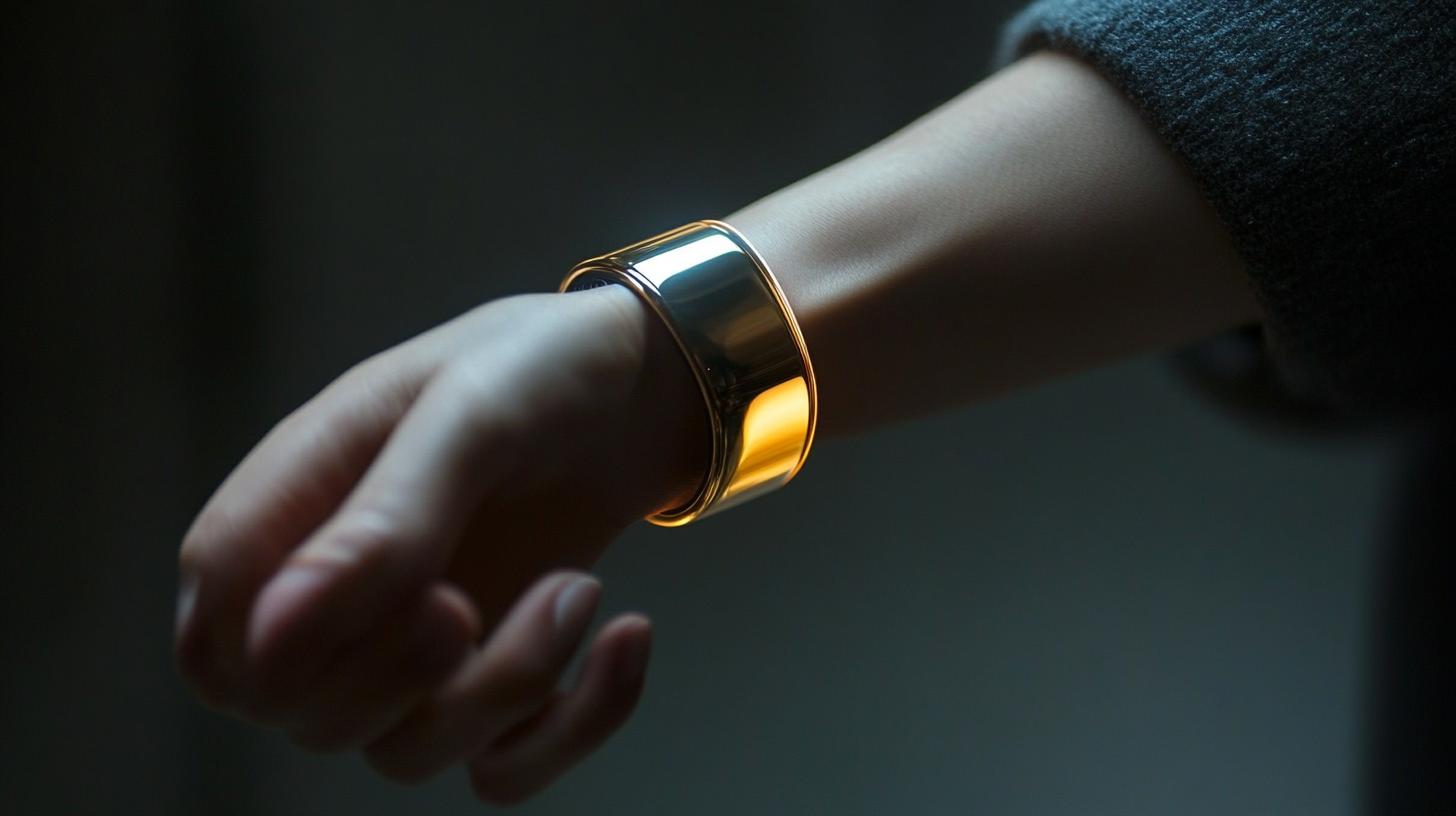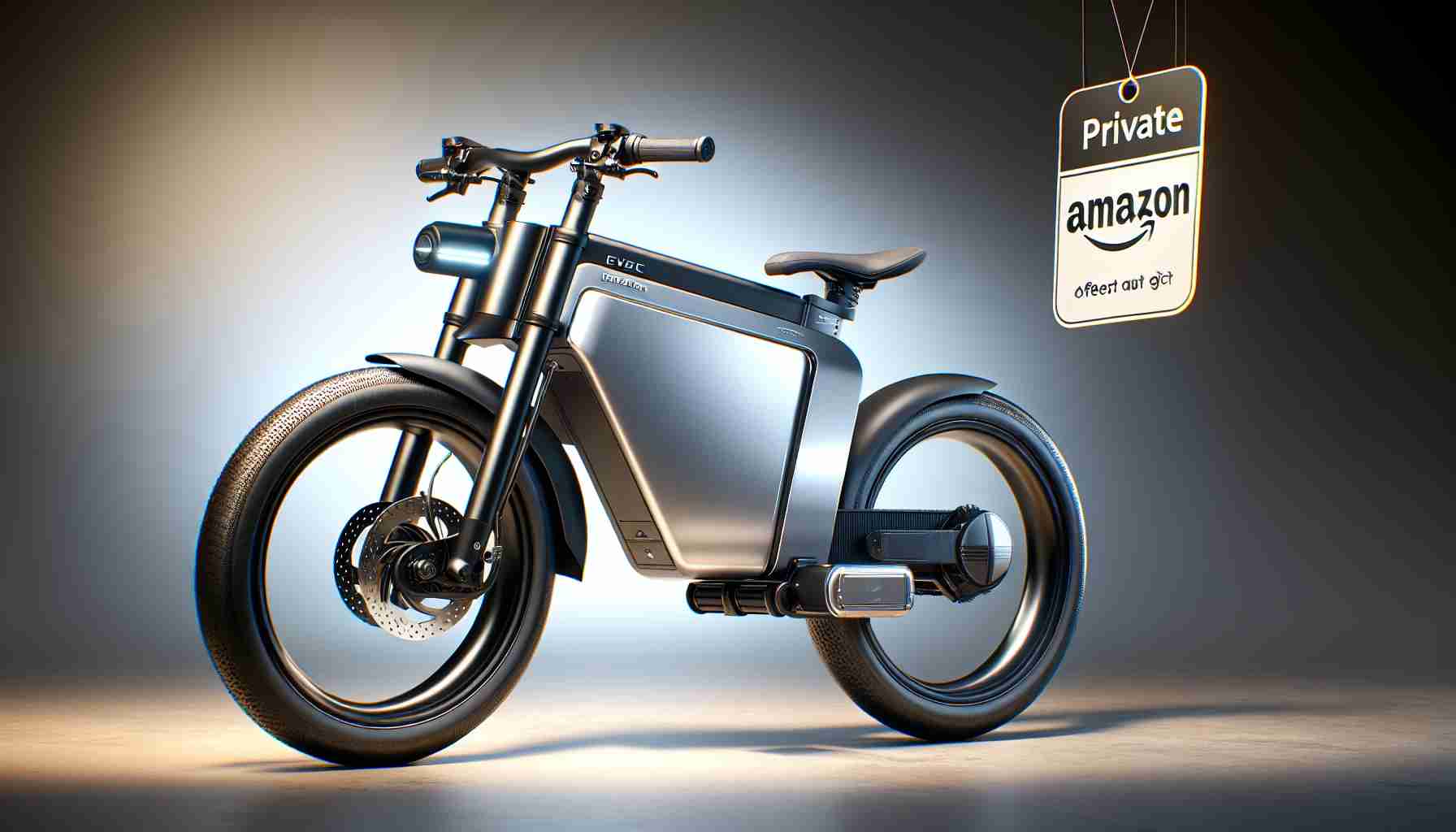Innovative wearables are transforming more than just fitness tracking.
The launch of Xiaomi’s Smart Band 9 Pro and 9 Active has sparked a broader conversation about the evolving role of wearable technology in our lives. These sleek gadgets don’t just keep tabs on your steps; they signify a shift towards a future where technology resides intimately on our bodies, potentially reshaping how we live and interact with the world.
Blurring Lines Between Technology and Lifestyle
Xiaomi’s recent advancements illustrate a movement towards embedding technology seamlessly into daily existence. With features like heart rate and oxygen level monitoring, these bands offer more than just fitness insights—they blend lifestyle and health resources. As these tools become increasingly embedded in our routines, they prompt us to reconsider how much we should depend on digital devices for personal care.
The Twists and Turns of Wearable Tech
While the allure of real-time health monitoring entices many, the implications are multifaceted. The accessibility of personal health data enhances preventive health but raises a pivotal question: can we trust the reliability of these tools unconditionally? Furthermore, as wearables amass sensitive information, they carry with them issues of data security and privacy that cannot be overlooked.
Embracing the AI Frontier
The integration of artificial intelligence in wearables signals an evolving landscape where devices actively play a role in enhancing well-being, as seen in Xiaomi’s tailored workout guidance. This evolution towards personalized AI experiences begs questions about our comfort with AI’s growing role in daily decision-making and how its influence should be regulated to safeguard user integrity and ethics.
The future of wearables promises transformation but necessitates critical examination of privacy, reliability, and the ethical boundaries of AI. As we brace for this tech-infused era, dialogues around these themes become increasingly essential.
Are Wearables the Future of Personalized Medicine?
The New Frontier of Healthcare: Wearables and Personalized Medicine
While wearable technology is often seen as an accessory for fitness enthusiasts, its impact on healthcare could be revolutionary. With devices like Xiaomi’s Smart Band 9 Pro and 9 Active, wearables offer not just fitness data but also real-time health insights, paving the way for a new era in personalized medicine. This trend begs an important question: Could wearables soon replace frequent doctor visits by providing continuous, real-time health analytics right on our wrists?
Facts and Controversies Surrounding Health Monitoring Wearables
A fascinating aspect of these wearables is their potential for early disease detection. Imagine a smart band alerting a person to irregular heart rhythms or abnormal oxygen levels, potentially saving lives. However, this also brings up controversies around self-diagnosis and the accuracy of a gadget versus professional medical evaluations. Are users unwittingly putting more trust in machines than in healthcare professionals?
Pros and Cons of Wearable Health Tech
The advantages are striking—greater accessibility to health data can lead to proactive healthcare management and reduced healthcare costs. However, there are drawbacks. Over-reliance on wearables might lead to unnecessary anxiety over false alarms, and the risk of personal data breaches looms large in the era of digital health information. As companies amass health data, how are they ensuring users’ privacy?
The path forged by wearables prompts critical discussions about the future of digital health. Will they redefine medical practices or co-exist with traditional healthcare? Such inquiries underscore the need to balance innovation with caution.







